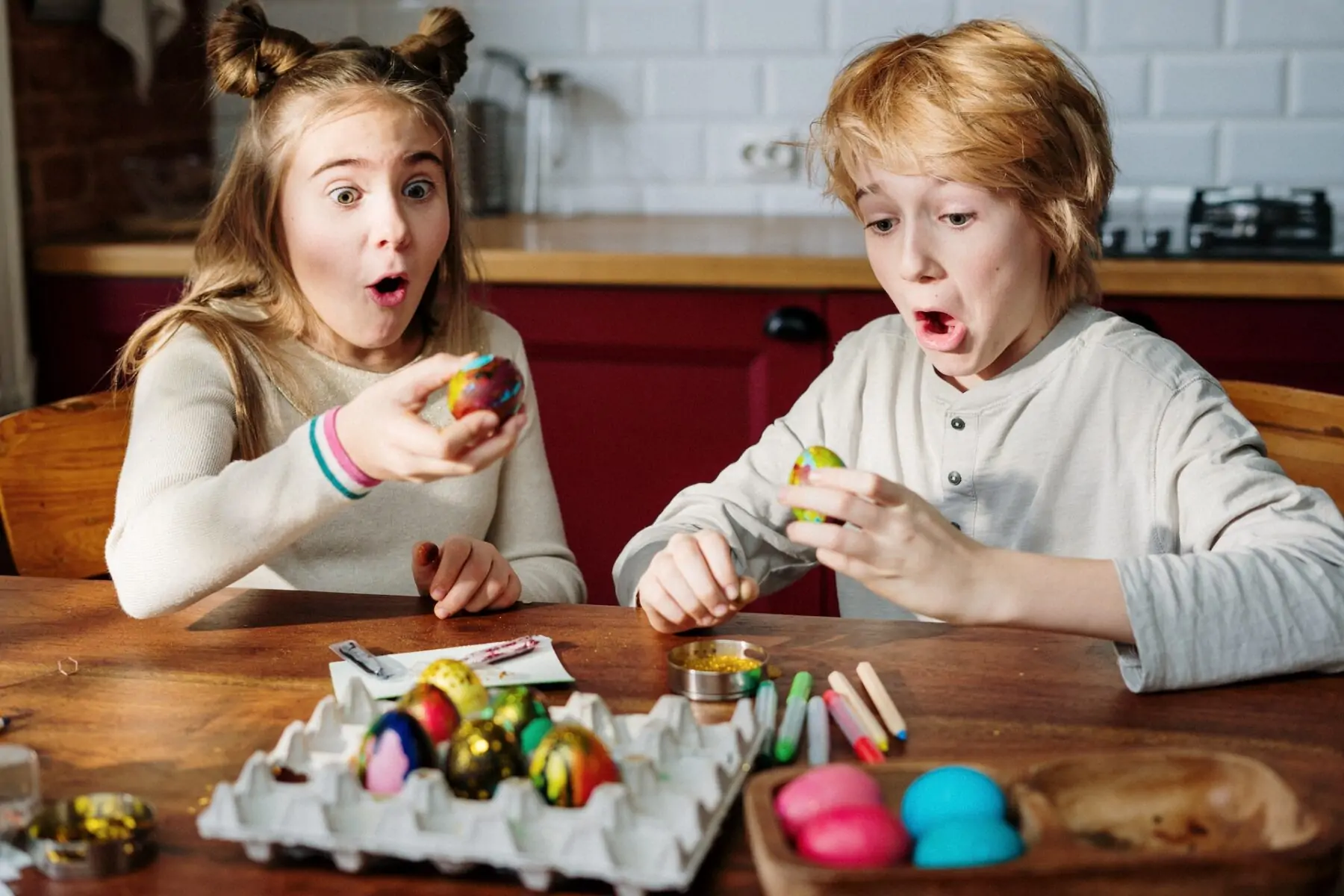Strengthening Family Relationships
6 min read
Last Modified 20 September 2024 First Added 31 May 2023

Family is a crucial part of our lives, it’s our sanctuary for feeling loved, supported, and accepted. And as we go through life, it’s all too easy getting caught up in daily struggles and forgetting who matters most.
This article focuses on giving you the right tools to strengthen your relationships at home. As most people believe, family are the people we turn to in crisis and the people we turn to in celebration. (And sometimes just for a good laugh!)
This is a no-judgement zone, we all have our ups and downs, and at times find it hard to communicate with family in tense times, causing us to drift apart.
For starters, your family are the ones who have been with you since the very beginning.
They are the people who know who you truly are, your weaknesses, strengths, behaviours, habits, and lifestyle. They have seen us at our best, and at our worst, and yet they stuck around and loved us through it all.
The reason why family is such an important source is due to the amount of support you can gain. Your family is there to provide you with comfort, respect, love, and stability.

What family dynamic can be regarded as healthy? Is it Sunday dinners, the game nights, or family vacations?
Well, these things certainly don’t hurt! But there’s a lot more to consider.
We believe there are three main characteristics that exist in every healthy dynamic; that is, communication, respect, and trust.
Open and honest communication within the family is essential for establishing relationships. This includes talking about the good, the bad and the ugly. It’s important to listen to each other – no matter the age – and validate one another.
For example, if your child comes home from school and you’ve been made aware of some trouble they got themselves into, instead of getting angry, (which will make them more hesitant to tell you about problems in the future) why not give your child the opportunity to explain what happened. Listen to them intently and help guide them through the problem. This will show your child that you understand them, and they can trust you.
This can include anything from respecting each other’s boundaries to thoughts and feelings. It’s essential for the family to treat each other with kindness and apply empathy in conversations. Put yourself in that person’s shoes and show them you care.
Finally, trust can be built in multiple ways.
Being able to rely on your family is a beautiful gift you can give each other. Be each other’s comfort blanket and biggest cheerleaders. Trust is built over time through continuous actions and behaviour.
Well, it sounds like the perfect time to get the family board games out and play until it’s past their bedtime! (You might be tired, but it’s something your child will always remember and appreciate.)
Take the time to nurture your family dynamics. It’s not always easy but having these three characteristics in play can help any family whether the storm.

Whether you’re a parent, sibling or grandparent, building those strong family bonds help make us complete as individuals. How do you improve relationships you may ask?
Here are five tips that are sure to help:
You may have heard the saying ‘actions speak louder than words’, if you want your family to communicate and respect each other, set the tone and lead by example. Nothing triumphs a great leader.
For example, if you want your children to speak kindly to one another, start spilling kindness onto them.
“Thank you for bringing me my coffee, you know you’re the sweetest child a parent could ask for?”
Children are always watching with the intent to pick up on behaviours, habits, and actions. So, if you were to model positive behaviours such as: speaking kindly, openly, and honestly, then your children are sure to follow in your footsteps.
Being a good listener is a skill. Having the ability to listen to your child or sibling is a treasure in any relationship, especially in your family dynamic.
If your child comes to you with an opinion or concern, take the time to really understand and listen to what they are saying, treat them as you would your good friend who has come to visit for the holidays.
Make eye contact, ask questions, and show them that you truly care about what they have to say with absolutely no judgement.
When a child feels understood and heard, it will continue to build that respect and trust between the family, creating a stronger bond.
Who doesn’t love an overload of hugs, sloppy kisses, and tight squeezes?
Show your love and affection through physical touch. Don’t be afraid to start small with a pat on the back or a high-five.
You can also show affection through words of affirmation. Compliment your family on their strengths and find the good in their flaws.
For example, if your child is a little grumpy after waking up from a nap, try giving them a tickle and saying things like “Good morning to my beautiful, smart little one!”
Feeling a sense of love and affection can make anyone feel special, it’s the perfect recipe for solidifying that bond between you and your loved ones.

What is the trick to establishing ‘positive’ family time?
It’s simple. Set up activities everyone can look forward to.
Whether that’s a movie marathon, family game nights, a garden games day or a picnic. Establish a day where everyone will enjoy themselves, creating a positive experience and memories for the whole family.
Try doing these regular activities, where everyone will feel involved. Try new things every now and then in case someone wants something a little different. Nonetheless, this creates a bond of togetherness in the family, which helps build positive experiences and memories.
Whilst showing affection and being present for positive family time is key, it’s also important to consider boundaries. This means putting in place clear expectations and guidelines for behaviour within the family.
Setting boundaries is also a form of respect within the household. For example, you might place a time limit on electronics, or everyone in the family has a chore to complete before bed such as dishes, bins, folding laundry, collecting laundry and etc.
Having clear boundaries reduces conflict drastically as everyone knows what is expected of them, whilst creating a sense of unity, trust, and harmony in the family.
In conclusion, building a strong and healthy family bond can take time, but is very much possible. Remember to lead by example, listen intently to your child, be affectionate, set up family time and make it a positive experience and finally, set boundaries.
Read our disclaimers.
